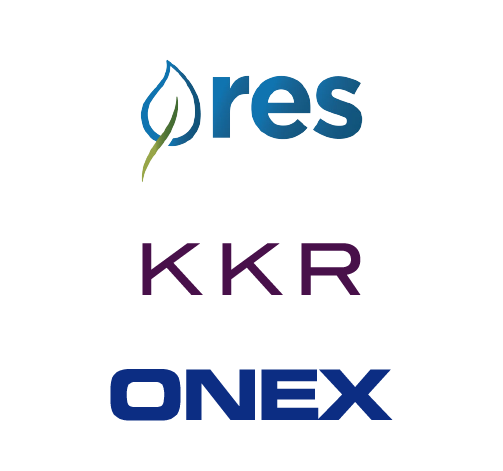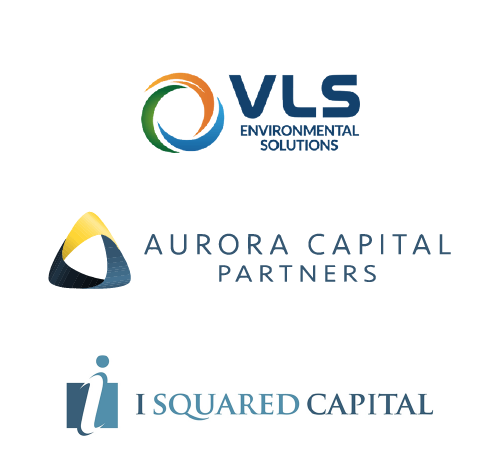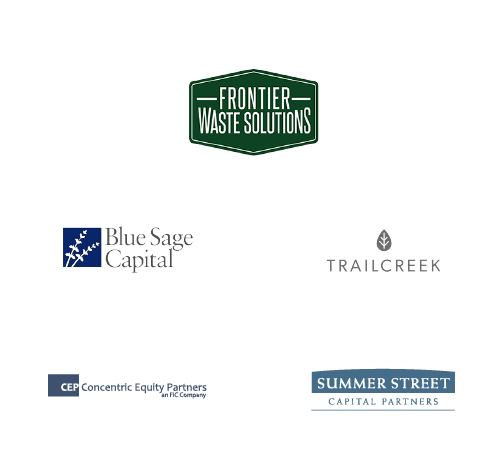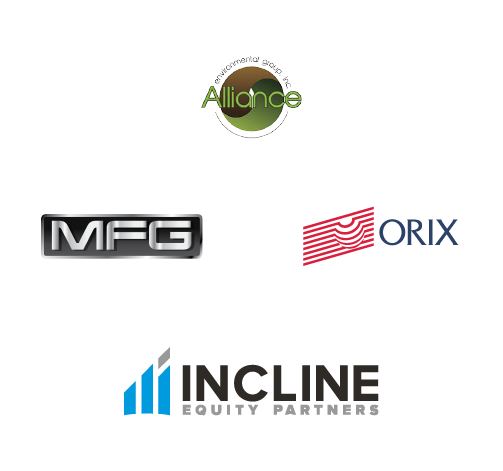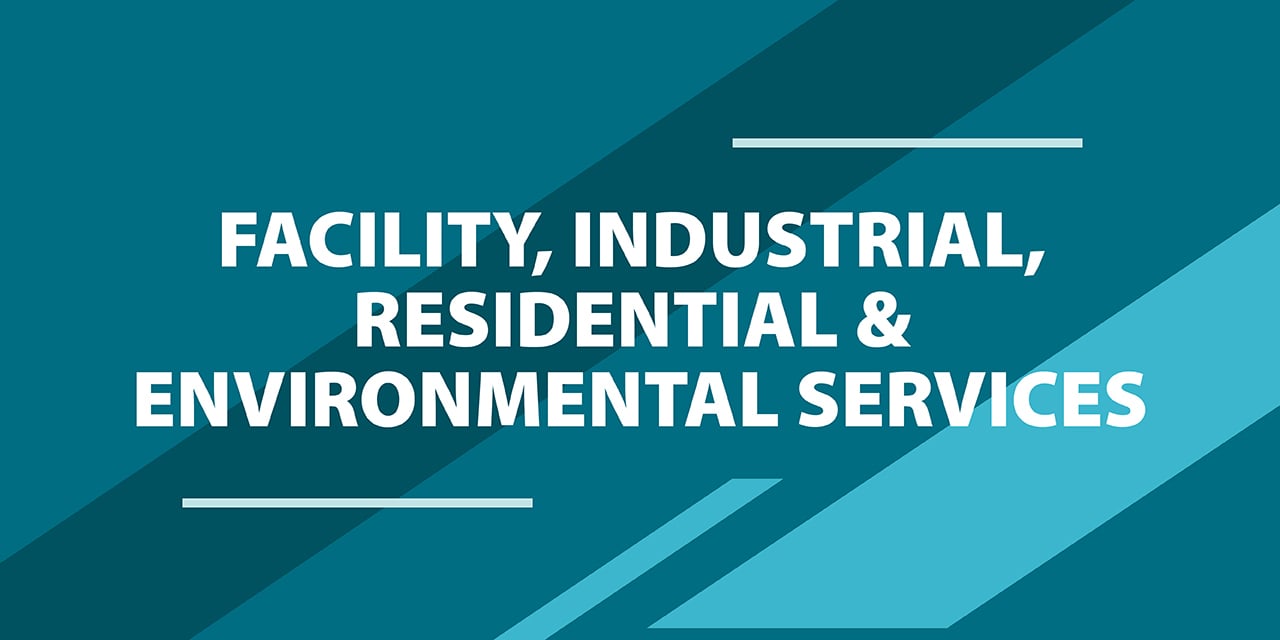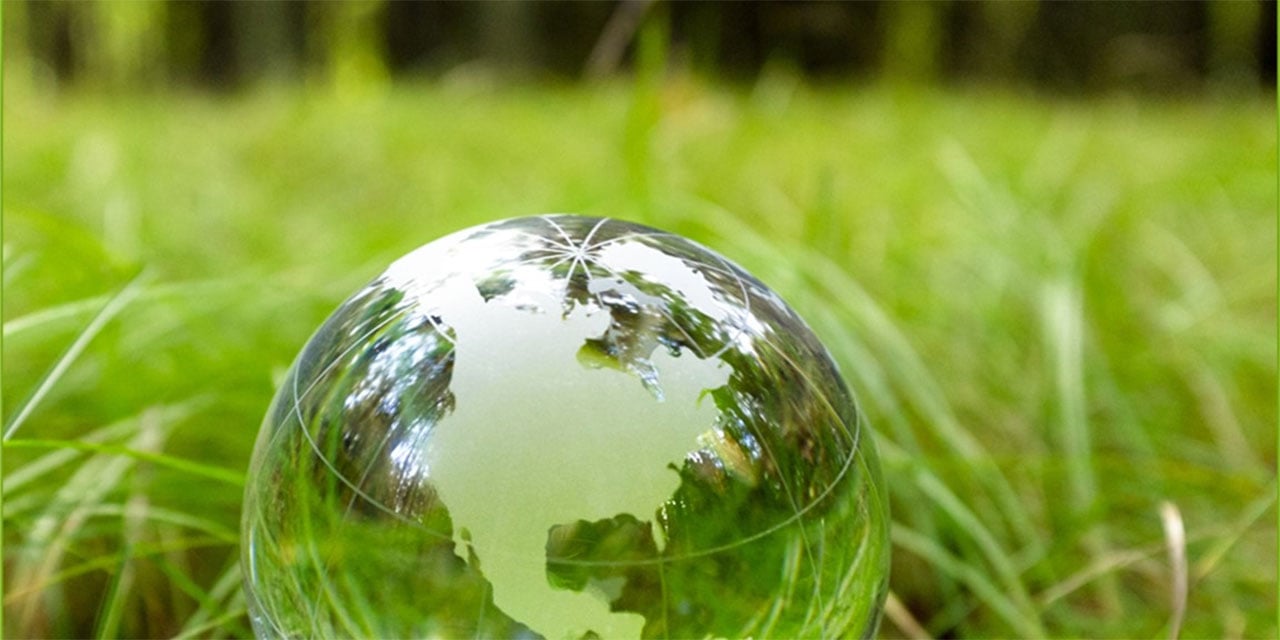
What to Know in Waste & Recycling M&A
Takeaways from WasteExpo 2023
Brad Page and Ardis Tabb of Baird’s Facility, Industrial, Residential and Environmental Services (FIRE) team recently attended WasteExpo in New Orleans. Throughout the multi-day event, Baird was able to connect with industry leaders and investors to discuss emerging themes and opportunities in environmental services. We share key takeaways from the event below.
Continued Growth for Waste Industry and Anticipated Uptick for Recycling
The waste industry continues to experience attractive growth. Successful operators have navigated pricing pressures, a tight labor market and supply chain constraints, as these businesses are equipped with strong management teams, attractive business models and differentiated service offerings. In addition, the contracted and highly recurring nature of the work performed in the market combined with its non-discretionary nature makes the industry poised to continue along its successful growth trajectory. These traits will continue to attract private equity interest and drive further consolidation. As the economy continues to grow increased waste collection, recycling volumes are also expected to climb sharply; supported by an anticipated pick up in chemical, manufacturing, and mining activities.
All Eyes on ESG
Companies seek to meet the growing demand for sustainable and socially responsible services, all while navigating a complex regulatory environment. Several key ESG themes are prevalent in the market:
- Continued Focus on Sustainability: Companies are increasingly focused on sustainability, both in their own operations and in the services they provide to clients. This includes reducing their carbon footprint, minimizing waste and promoting the circular economy. Waste management companies are investing in sustainable solutions to promote long-term growth. For instance, Waste Management is actively supporting its sustainability goals and is planning to invest $525 million from 2023 to 2025.
- Adoption of Green Technologies: New technologies are being adopted by companies to improve their operations and reduce their environmental impact. This includes the use of renewable energy, electric vehicles and digital solutions such as remote monitoring and predictive maintenance. For example, Waste Connections is expanding its renewable natural gas plants, liquid waste treatment sites and state-of-the-art greenfield recycling facilities to promote sustainability. The company has earmarked about $500 million for this cause (to be spent over 15 years).
- Emphasis on Social Responsibility: Companies are recognizing the importance of social responsibility and are taking steps to ensure that their operations are socially responsible. This includes prioritizing employee health and safety, promoting diversity and inclusion and engaging with local communities. Furthermore, companies are investing into safety, driver training and retention to ensure a safer workplace and provide long-term careers for their employees.
- Heightened Regulatory Scrutiny: The environmental services industry is subject to increasing regulatory scrutiny, particularly in areas such as waste management and pollution control. Companies that fail to meet regulatory requirements risk fines, reputational damage and legal action. Public pressure on corporations related to ESG factors may drive additional demand for environmental services, even in the absence of governmental pressure.
- Increased Attention on Environmental Change: As concerns about climate change and environmental degradation continue to grow, there is increasing demand for environmental services including pollution control, waste management and remediation. This presents opportunities for companies that can provide these services in a sustainable and socially responsible manner.
Industry Remains Resilient in a Challenging Market
The waste management industry appears to be weathering macroeconomic challenges reasonably well, with residential collection volumes remaining healthy and commercial and industrial volumes remaining stable. In 2022, waste volumes for the top five public companies (WM, RSG, GFL, WCN and CWST) grew ~1%. Volume growth was driven by special waste as the number of large events (i.e., concerts, sporting events, etc.) increased in the second half of 2022. However, there are some concerns about the potential impact of rising mortgage rates and inflation on the housing market and industrial sector growth, which could impact waste volumes going forward.
Inflationary pressures have impacted the industry, with increased labor costs and high inflation levels in 2022 leading to a doubling of pricing growth in Q1 2023. Companies have sought to offset these costs by raising prices and reducing variable costs through fleet efficiency and automation.
Overall, the industry remains resilient, with companies successfully passing through price increases. However, it will be important for industry companies to continue to monitor macroeconomic trends and adjust their strategies accordingly to maintain profitability and growth in the face of ongoing challenges.
Desire for Expanded Offerings and ESG-Related Investments Driving M&A Activity
The waste M&A market has seen continued activity as businesses seek to scale their operations geographically and to add new services. Private equity investment has allowed businesses to achieve their growth objectives quicker by entering new markets, acquiring post collection assets, increasing fleet size and/or making tuck-in acquisitions. Moreover, M&A has allowed regional players to build multi-regional or semi-national platforms that compete with the likes of the large publics. With investors seeking to deploy capital in ESG-related industries with stable and consistent underlying demand, the waste industry is poised for continued financial sponsor investment. ESG and infrastructure funds are actively pursuing assets in the sector, as these businesses address their underlying investment thesis and allows financial sponsors to invest in the recession-resilient waste assets.
Select Environmental Services Transactions
Connect with Baird’s Environmental Services Team
As a core pillar of Baird's well established FIRE business, our Environmental Services coverage spans recycling / solid waste, liquid waste and remediation / restoration. We welcome the opportunity to discuss how we can assist with your businesses growth and strategic objectives.
